About the Author
Hugh Allison was born in Lochaber in 1960 and has worked in the tourism industry and for the Highland Council. Following a period working in the US in 2000, he is now employed by The National Trust for Scotland. Married with two children, Hugh currently lives in Nairn. He is also the author of Rivers Running Far: The Story of Those Who Went Away.
ROOTS OF STONE
The Story of those who Came
Hugh G. Allison
This eBook is copyright material and must not be copied, reproduced, transferred, distributed, leased, licenced or publicly performed or used in any way except as specifically permitted in writing by the publishers, as allowed under the terms and conditions under which it was purchased or as strictly permitted by applicable copyright law. Any unauthorised distribution or use of this text may be a direct infringement of the authors and publishers rights and those responsible may be liable in law accordingly.
Epub ISBN: 9781780570174
Version 1.0
www.mainstreampublishing.com
This edition, 2006
Copyright Hugh G. Allison, 2004
All rights reserved
The moral right of the author has been asserted
First published in Great Britain in 2004 by
MAINSTREAM PUBLISHING COMPANY (EDINBURGH) LTD
7 Albany Street
Edinburgh EH1 3UG
ISBN 1 84596 129 3
No part of this book may be reproduced or transmitted in any form or by any means without written permission from the publisher, except by a reviewer who wishes to quote brief passages in connection with a review written for insertion in a newspaper, magazine or broadcast
A catalogue record for this book is available from the British Library
Acknowledgements

I COULDNT HAVE COMPLETED THIS WORK WITHOUT TODAYS battalion of extraordinary people.
Thanks are due to my friends and relatives, and my work colleagues at Culloden Battlefield for their unfailing enthusiasm and support. Thanks also to my cousin John for his knowledge and his humour; to the Highland Council Archive Service for checking the detail in the end product; to my daughter Lindsay for the oh-so-fitting artwork; and to my father, for keeping quiet about this project until we could surprise my mother with the finished article.
Where does a book begin? I have no idea what the catch-all answer to that question might be. I suspect every books beginnings are as different from each other as are those of the authors who write them. I do know where this book began, however. One sunny afternoon in early May 2002, I was sitting upon the terrace of the Braeval Hotel in Nairn, enjoying a beer and the magnificent view of the Moray Firth. I was pondering what to give my mother for her birthday later that month and as I let my mind wander, I thought of what she had given us. Im speaking particularly about the body of family research that she undertook, over the course of decades, for her descendants. That was when the idea of a book sprang, fully formed, to life. Wouldnt it be marvellous, I thought, if I could shape the data that she had supplied into some form of gripping tale, with a beginning, a middle and a conclusion (although obviously not an end).
Thus can a book begin. My next discovery was a big one. The old Glasgow maxim of one singer, one song doesnt hold in the world of writing. Left to myself, it is possible that I may never have reached the end of this work and even if I had, it would have been a far poorer offering. The help, advice, support and suggestions from a vast array of people have kept me encouraged and enthusiastic, and I feel, strongly, that the drawings provided by my daughter, Lindsay, are a special and integral part of the book.
I was also greatly encouraged in my writings by the late Nigel Tranter, especially when we collaborated on the folk opera, The Wolf of Badenoch, in 1993.
In particular, I appreciated that long-suffering, but hardy, small band of readers who helped me throughout, by reading and patiently rereading, as I would tinker with nuance and issues of clarity, etc.: David K. M. Allison, Lindsay Allison, Kerry Allison, Dawn Allison, John Macdonald, Linda Turgeon, Caroline Munro, Yvonne Robbins and many others.
Further, very specific, thanks are due to the authors of those works from which I have taken short quotes to help me underline or clarify portions of the narrative: Sandra Train, A Memory of Strath Halladale (page 23); The Ocean Ferry, New York, Issue February 1922 (page 24); Donald J. Macdonald, Clan Donald (page 63); Hugh Macdonald (of Skinnet), The Story of the Clan Mackay Family (page 99); Peter D. Anderson, Robert Stewart: Earl of Orkney, Lord of Shetland 153393 (page 114); attributed to John Colville, Historie and Life of King James the Sext , Bannatyne Club, Edinburghs, 1825 (page 115); extract of Earl Patricks Trial (page 116); Ian Grimble, The World of Rob Donn (page 133); Durness Genealogical Publication (page 138).
Thanks are due to many of my colleagues in the National Trust for Scotland, for practical help and encouragement. Foremost among these are Stevie Maclaren and Craig Ferguson, but also Stephen Spencer, Ian Gardner, and Marian Porteous. Thanks to Christopher Duffy, William Potts, John and Ela White, and Todd Fraser, all of whom have Culloden connections. My former colleagues in the Highland Council have also been supportive in many ways thanks are due to Ian Murray, Robert Steward, Andrew Ferguson and Shonagh MacArthur. Encouragement from Bruce Dawson, Nairn Academy History Department, also helped.
Many people within the world of writing also helped me and gave encouragement and I would like to thank Neil Wilson and Mike Miller.
Ive left Bill Campbell and the team at Mainstream Publishing until last, as they are my most recent experience on this journey and a very pleasant and professional experience they have been. Thank you!
This book is dedicated to my mother, whose quest was for knowledge and whose motivation was love for those who are still to arrive.
There follows, for her, and for all those who came before, some poignant and fitting lines from George Morrisons elegy for Rob Donn:
Be mo thoil gum bin innleachd
(It would be my wish that the means)
Gu cumail cuimhn ort a leant
(Followed to preserve the memory of you)
Do chuid oran a sgriobadh
(Would be to have your songs written)
S an cur sios ann am print.
(And set down in print.)
The past is peopled by ordinary folk who were full of extraordinary resource. Todays ordinary folk are no different and I hope that Roots of Stone speaks to the extraordinary that sleeps quietly beneath the everyday exterior.
C HAPTER O NE
The Earliest Word

A NY AND ALL OF THE HISTORIES ARE TOLD IN WORDS . M INE IS no different. There is an interestingly divided attitude among some professional historians regarding the accuracy of the written word over the spoken, and vice versa.
I know that I have been told by some, who thought themselves expert, that if it isnt written then it isnt real. That is very clearly not the case. Have you ever been told what to get from the shops? Did you repeat the four or five items over and over so as not to forget a thing? Then what you did was create a mini oral history. But it didnt make your purchases any more unreal than if you had written out a shopping list, did it?

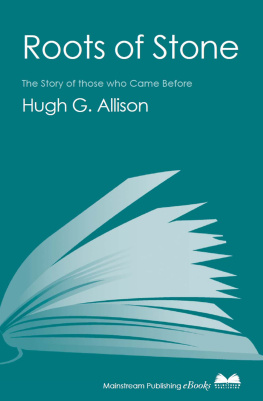

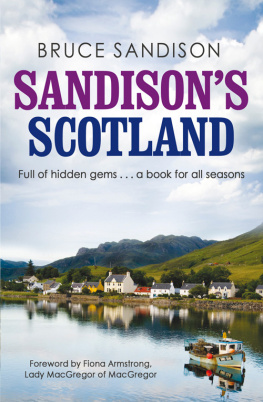
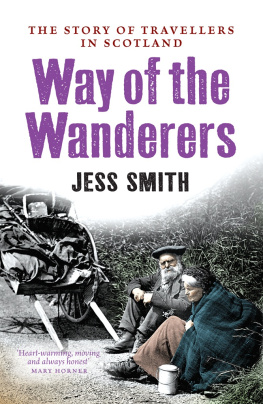
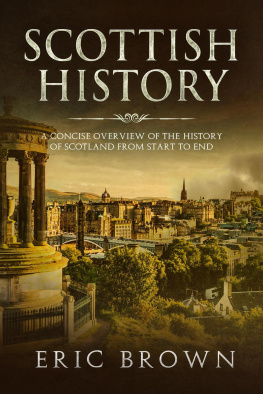
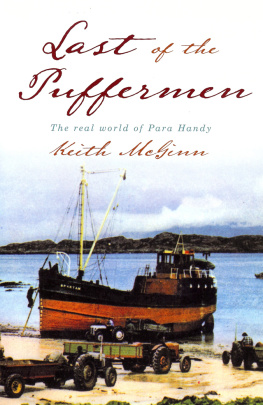
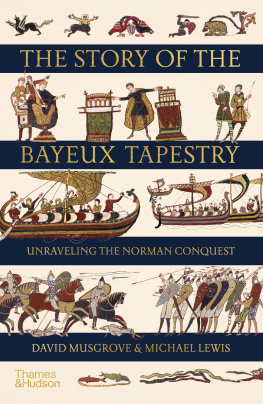
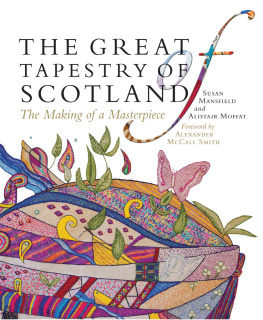
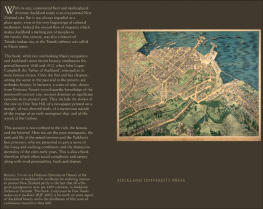
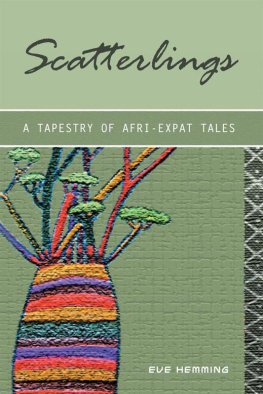
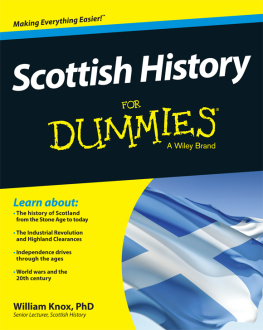
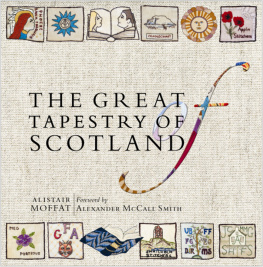
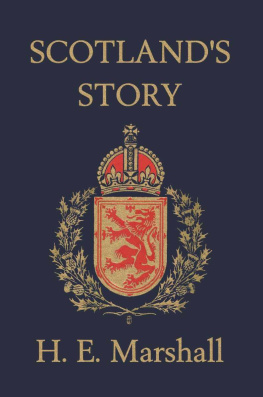


 I COULDNT HAVE COMPLETED THIS WORK WITHOUT TODAYS battalion of extraordinary people.
I COULDNT HAVE COMPLETED THIS WORK WITHOUT TODAYS battalion of extraordinary people.